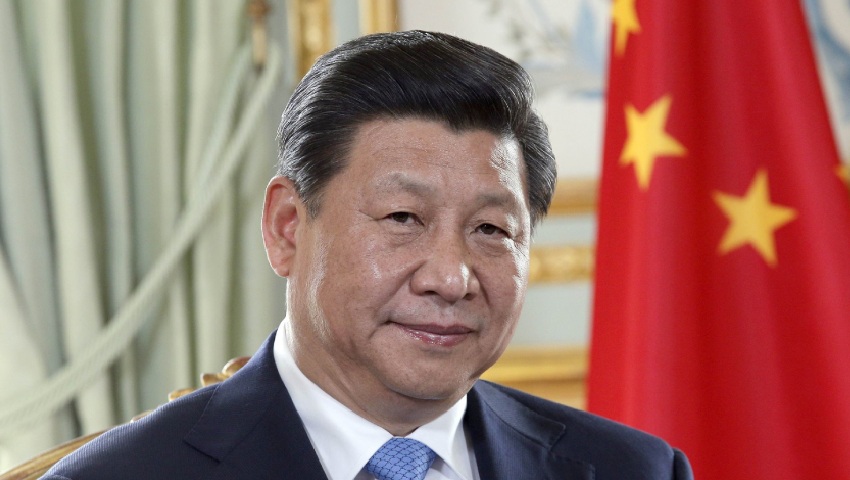While growing up, Chinese President Xi Jinping’s father was arrested by the CCP, his family was harassed by Red Guards and he was even sent to live in a cave. What does President Xi’s psychology of humiliation mean to the West?
There is growing consensus among foreign policy experts that China views itself as the world’s natural superpower. The “Century of Humiliation”, where China was at the mercy of colonial forces, was a momentary phenomenon.
This century of humiliation, where China was divided, conquered and exploited for natural resources, created a psychological burden on the nation. The scars are still visible today, with few nations suffering such widespread brutality during the Second World War. Indeed, sources believe that 10-20 million Chinese civilians and non-combatants were murdered by the Japanese military during this period.
“While analysts often cite the Century of Humiliation as a driving force in Beijing’s policies, they too often ignore exactly how this collective trauma manifests itself in China’s ‘never again’ mentality,” Mark Tischler wrote in The Diplomat.
“Chinese collective memory has increasingly put more weight on the importance of Chinese strength as an antidote to a second century of humiliation.”
So much so is this a psychological burden of the people of China, that the Chinese government has announced the end of the century of humiliation on multiple occasions: when they defeated the Japanese, when the British left Hong Kong and even during the Beijing Olympics. The scars are so strong, that revenge has become a rallying cry.
In a dangerous twist of fate, President Xi has a lifetime of humiliation to match that of his country.
Xi was the child of a high-ranking party official. By all accounts, his childhood was envious, with the future President receiving a good education and family unit. This was until Mao’s cultural revolution in the mid-’60s, which sought to purge the party of many of its influential party officials.
Firstly, Xi’s father was sent to work in a factory and then later sent to jail on spurious charges.
During the cultural revolution, the father’s incarceration and fall from grace became cause for huge shame for Xi’s family. Those previous privileges now no longer existed, and the peasantry relentlessly targeted the families of those who had been targeted in Mao’s purge. The attacks and shame overcame Xi’s sister, who it is believed, took her own life.
The shame and attacks grew. As a child, Xi was even dragged onstage in front of a crowd of Mao supporters where those in attendance hurled abuse at him.
It was during this time that the government introduced a new policy where children in major cities would be sent to villages around the country to learn first-hand from the rural peasantry. As one of these “sent-down youth”, Xi went to a small village called Liangjiahe where he lived in a house built into a cave.
“He wrote that he couldn’t stand the fleas, the poor food, the farm work, and after a few months, ran away to Beijing. He was arrested during a crackdown on deserters from the countryside and sent to a work camp to dig ditches,” Barbara Demick and David Pierson wrote in the Toronto Star.
It seems curious that Xi would support a system that treated him and his family so poorly throughout his childhood.
“He emerged from the experiences of privilege and suffering with a firm faith in the necessity of a strong Communist Party to govern China, an aversion to chaos and social instability, a commitment to China’s economic growth based on acceptance of the role of markets, and demand for respect for China internationally,” Jeffrey Bader wrote for the Brookings Institution.
Considering the psychological ramifications of the century of humiliation in China, perhaps there is no more suitable leader than one who has had his own lifetime of humiliation.
Get involved with the discussion and let us know your thoughts on Australia's future role and position in the Indo-Pacific region and what you would like to see from Australia's political leaders in terms of partisan and bipartisan agenda setting in the comments section below, or get in touch with



